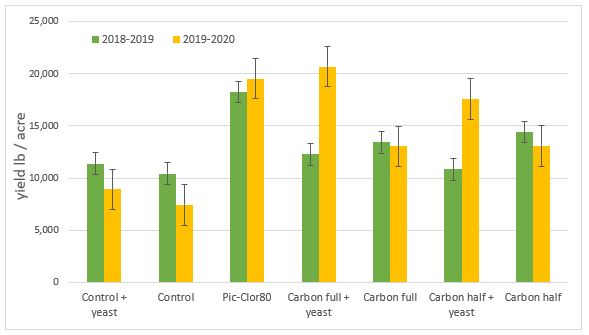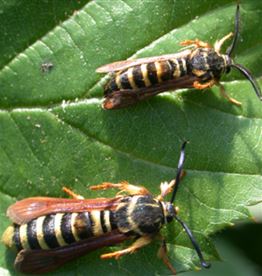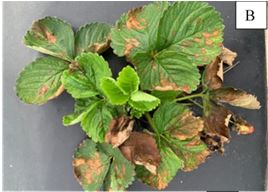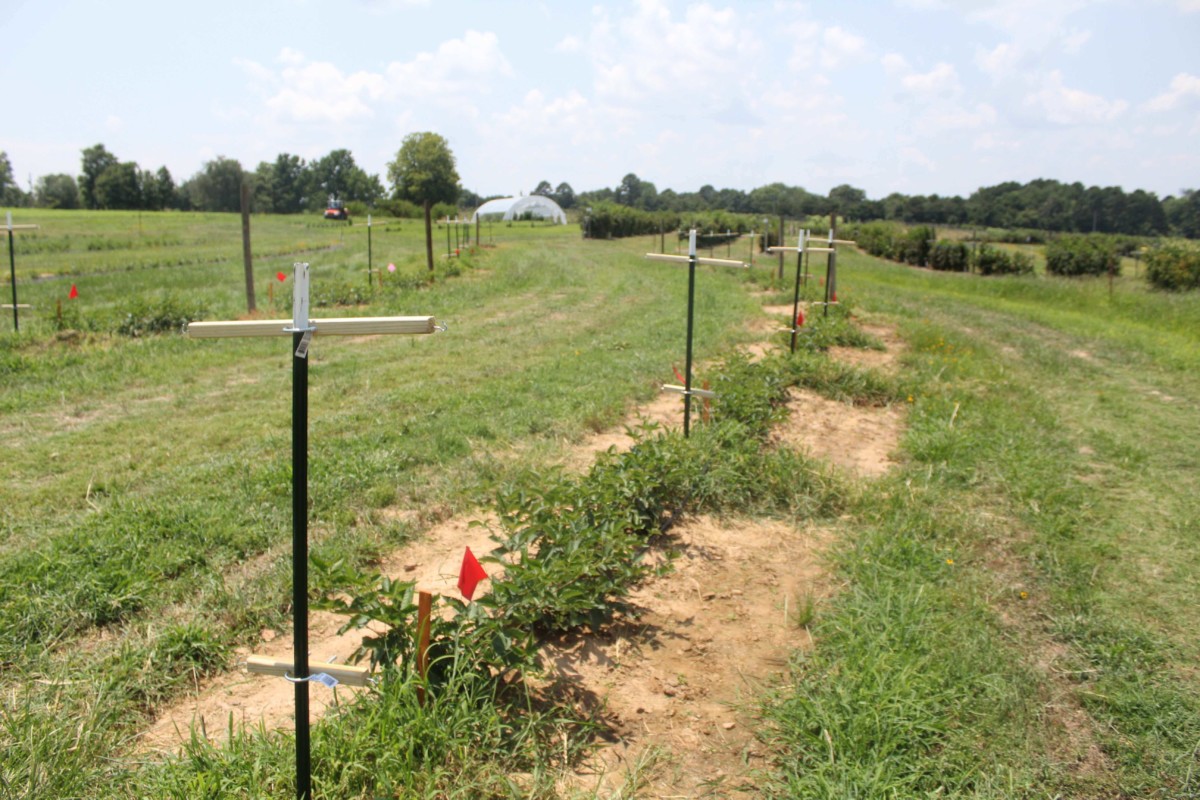Cindy Tucker
-

Danyang Liu and Jayesh B. Samtani, Hampton Roads Agricultural Research and Extension Center, Virginia Tech The southern region is the second-largest strawberry-growing region of the United States. Strawberry plants are susceptible to soil-borne pests, including weeds and diseases. Early season weeds can compete with newly transplanted strawberry plugs for nutrients, light, and other resources. There…
Posted in: Fall 2021 -

Dr. Jackie Lee, University of Arkansas, Fruit Research Station Director My first research project was funded through IR-4 and entailed finding management options for raspberry crown borer (RCB). I began that work in 2003 at the University of Arkansas Fruit Research Station as an MS student, under the direction of my advisor Dr. Donn Johnson,…
Posted in: Fall 2021 -

October 26, 2021 Join us for The Crush It Arkansas! Wine Quality Workshop Virtual on October 26, 2021 from 2:00 to 4:00 p.m. (CST). The workshop will overview keys to producing quality wine for amateur and commercial winemakers. The workshop will be held as a Zoom meeting and led by Dr. Renee Threlfall, Research Scientist,…
Posted in: Fall 2021 -

Juliana S. Baggio and Natalia A. Peres, UF/IFAS-Gulf Coast Research and Education Center If you grow strawberry or are somehow related to the strawberry industry, you must have heard about a new emerging disease, Pestalotia leaf spot and fruit rot, caused by the fungus Neopestalotiopsis sp. The taxonomy of this pathogen is confusing because it…
Posted in: Fall 2021 -

Kenneth Buck, University of Arkansas; Margaret Worthington, University of Arkansas; and Patrick Conner, University of Georgia Rooting muscadines from hardwood cuttings is generally viewed as a difficult, if not impossible, task. The majority of the literature on the topic is from the first half of the 20th century, and even the more recent studies from…
Posted in: Fall 2021 -

Haley Williams and Dr. Eric Stafne, Mississippi State University Decades of development followed the grape research that was initiated by the United States Department of Agriculture in Meridian, Mississippi in 1937. Eventually this research led to the release of a new grape cultivar from Mississippi State University in 1981. That new cultivar was ‘MidSouth’: a…
Posted in: Fall 2021 -

Pragya Chalise and Douglas G. Pfeiffer, Dept. Entomology, Virginia Tech, Blacksburg, VA While working on your grapevines or small fruit crops, you may come across small, white slow-moving insects. These are mealybugs, named for the white powdery secretions covering their bodies. They occur in perennial crops including grapevines and deciduous fruit crops. They use their…
Posted in: Fall 2021 -

Kayla Knepp, Masters Graduate Student, University of Arkansas Weed management continues to be a major issue in blackberries. With increasing acres being dedicated to blackberry production there is a growing need to find more tools to combat the timeless issues of weeds. New plantings are particularly sensitive to weed competition and can quickly become overgrown.…
Posted in: Fall 2021 -

Ioannis Tzanetakis, Professor/Director of the Arkansas Clean Plant Center, University of Arkansas System, Division of Agriculture Viruses can be a menace to berry crops. A single breeding selection or mother plant can easily be propagated to millions of daughter plants, and if the mother plant is infected, all daughter plants will also be infected. An…
Posted in: Fall 2021 -

Professor Emeritus and Assistant Professor, Small Fruit Extension Specialist, North Carolina State University, and Jayesh Samtani, Assistant Professor, Small Fruit Extension Specialist, Virginia Tech October 2021 Planting Check plants for possible biological (insects and diseases) and physiological (nutrient) disorders prior to planting and treat appropriately. Consult your extension agent if plants appear unhealthy. Get diagnosis…
Posted in: Fall 2021